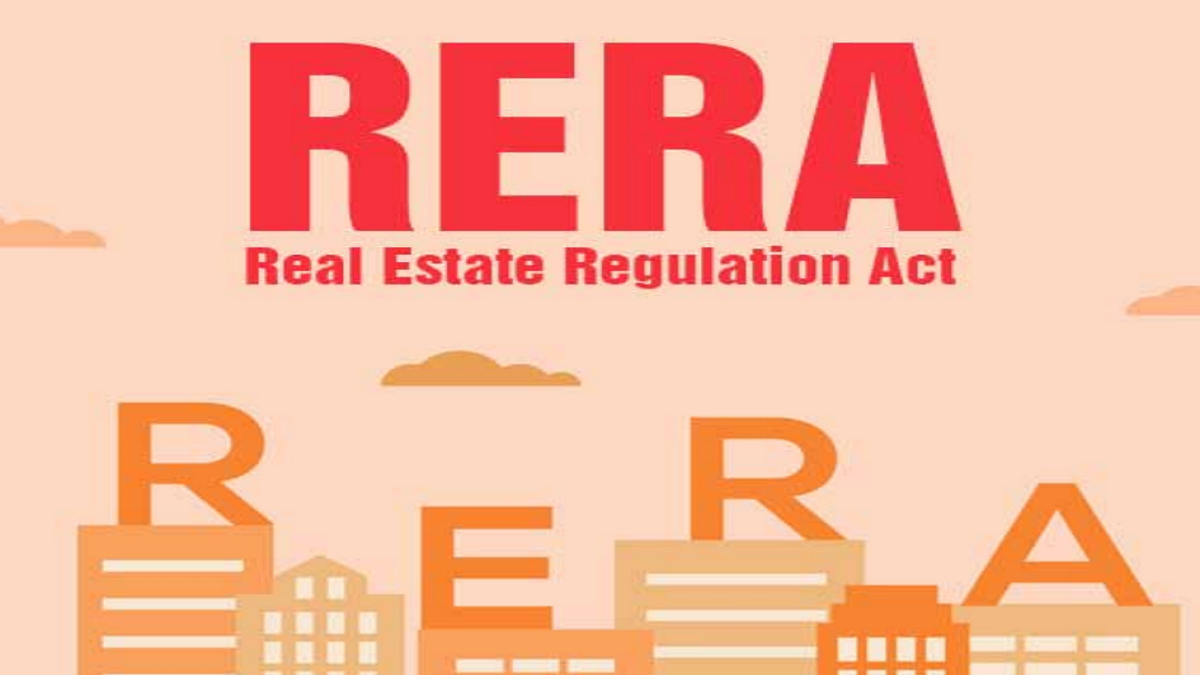Time flies. It has been three years since the full implementation of Real Estate (Regulation and Development) Act, 2016 and it has been instrumental in regulating the supply of residential inventory. RERA implementation was a significant regulatory step to address the trust deficit in consumers’ minds and instil confidence in wary end-users. The developers were coming to terms with a changed market environment where the big boys of real estate, due to their credibility amongst buyers, eyed a larger market share and joint developments or development management contracts with smaller developers. Sadly, the Covid-19 outbreak played havoc with this subtle market recovery in the making, throwing the sector back into reverse gear.
Combating the Covid-19 crisis
During the first phase of lockdown in India, many RERA authorities such as Maharashtra, Uttar Pradesh and Bihar had adjourned hearing of cases until after March 31st, 2020. Others soon followed suit. With the extension of the lockdown, RERA authorities gradually resumed hearing of urgent cases via video conferencing to minimize the operational disruption. Taking note of the developers’ inability to deliver projects on time due to reverse migration of labour, break in supply chain of construction materials and interim construction bans owing to the lockdown, the Ministry of Housing & Urban Affairs issued an advisory for all States/Union Territories and their Real Estate Regulatory Authorities on May 13th, 2020. To avoid an adverse impact of Covid-19 on projects under construction and the risk of defaults on delivery timelines, the following measures have been announced:
Treat Covid-19 as an event of ‘Force Majeure’ and invoke Section 6 of RERA which deals with this clause. Under Section 6, force majeure instances will allow RERA Authorities to extend the registration granted to a project till such time as it considers necessary, which shall, in aggregate not exceed one year.
Extend the registration and completion date suo moto by 6 months for all registered projects expiring on or after March 25th, 2020 without individual applications.
Regulatory Authorities may extend this for another period of upto 3 months, if needed.
Issue fresh ‘Project Registration Certificates’ automatically with revised timelines.
Extend timelines for various statutory compliances under RERA concurrently.
These measures are aimed at buying more time for real estate developers in these trying circumstances so that they can restart construction activities. If the under-construction real estate projects are not protected at this stage, it will only aggravate the liquidity troubles of the entire sector as developers are faced with a situation where even the sanctioned lines of credit and valuations will be relooked. Developers were grappling with liquidity issues even before the pandemic broke and need this breathing space to arrange for the most critical resources – labour, material and credit. During this extension period of 6 months, no cases can be registered against the developers nor will they be liable to pay any penalties to the RERA Authority or the homebuyers on account of delay in project delivery. Some states such as Maharashtra and Gujarat, which had already issued orders in their respective states for extension of project timelines for real estate projects by 3 to 5 months before this announcement, have issued new orders as updates after this announcement.

Homebuyers’ concerns yet to be addressed
Homebuyers are not happy with these relaxations provided to the developers as they are staring at a situation where their troubles have been compounded and they find themselves at the crossroads of a difficult situation, yet again.
Inordinate delays in possession of homes – Homebuyers who were looking at receiving possession of their residential units have been demanding classification of Covid-19 as a ‘force majeure’ and extension of project registrations “to be applicable only for the actual period of lockdown” and not for 6 months. Their biggest fear is that even after the expiry of these 6 months, if state governments decide to extend project registrations by another 3 months, it will push the delivery date of their dream homes further away. Not only will there be a delay in possession, but this relaxation on account of ‘force majeure’ does not prohibit invoking of this clause again due to any other natural calamity such as cyclone and earthquake; and RERA does not limit the number of times when ‘force majeure’ can be invoked. At least, not in its current form.
Financial burden to continue – While the Reserve Bank of India has extended the moratorium period on loans by six months until August 31st, 2020, if homebuyers’ avail this, it does not tantamount to an interest fee waiver for the deferment sought on home loans. In fact, it will increase their overall interest cost burden due to large outstanding payments and longer residual tenure as home loans are big ticket size loans. Homebuyers have suggested that if developers are given relaxation for 6 months from project deliveries, they should also receive immediate relief in the form of interest waivers on home loan equated monthly instalments (EMI) for this period. Homebuyers are also reeling under pressure of rent payments due to delay in possession of their residential units, in addition to EMI burdens. In June 2020, the Supreme Court has directed the government to review their position on the same as charging interest on interest for the moratorium period defeats the very purpose and the matter will be heard in the first week of August 2020 again.
Pro-buyer judgements passed by RERA Authorities, not executed – It is not just the Covid-19 outbreak and the ensuing delay in project completions that has perplexed homebuyers. Despite RERA Authorities’ pro-active hearing of cases and delivering pro-buyer judgements, it has been witnessed that execution of these orders has been a big challenge. Unfortunately, despite granting relief to homebuyers, RERA has been ineffectual, as developers have moved the High Court in many cases and secured stay orders against RERA judgments. In this backdrop came the Covid-19 outbreak where RERA authorities extended the regulatory blanket to safeguard ongoing real estate construction projects which has irked the homebuyers.
RERA: Maturing with time, albeit slowly
Since coming into force, RERA has brought in transparency and financial discipline to a sector where real estate dealings were fraught with unfair trade practices, red tapism and opaqueness. For a sector, where there were no standardized contracts nor a grievance redressal mechanism, establishment of RERA has been a stepping stone to take care of homebuyers’ interest. As of May 30th, 2020, nearly 52,000 real estate projects have been registered with RERA. To ensure that extension of project registrations and invoking of Section 6 is not misused going forward, state level RERA authorities should start populating portals with project-wise information as to where this clause has been invoked, so that buyers in those projects are not left in the lurch after 6 months.
There is still a long way to go as the law has not matured with time, and its success hinges upon the smooth coordination between Central, State and Regulator level authorities, and implementation of the orders passed. A new initiative in the form of AIFORERA has been launched, and it aims to do a comparative study of the different State level RERA laws, classification and cataloguing of different RERA judgements and also come up with data analytics and dashboard reports which would be useful for real estate consumers and promoters both. However, the fruits of this initiative will be visible on the ground only in the long-term. For now, the state level RERA Authorities have a huge task cut out to ensure that the exception granted for extension of project registration helps in bringing the sector back on track and homebuyers are not left feeling betrayed, all over again.























